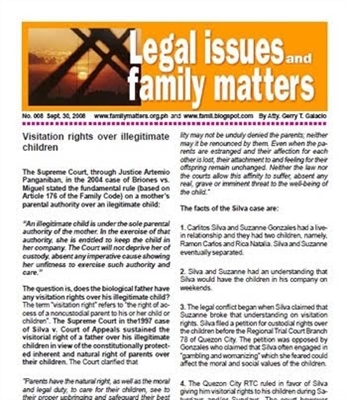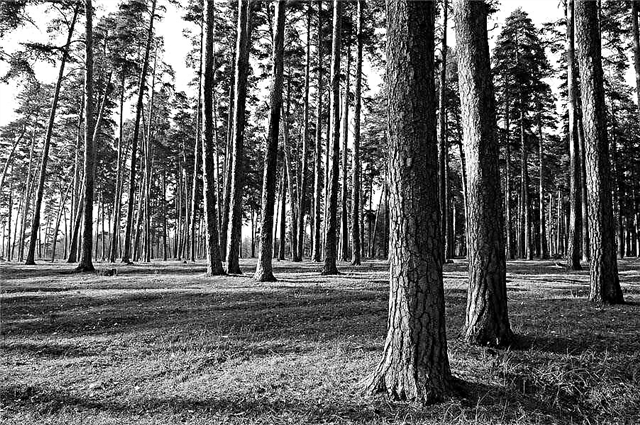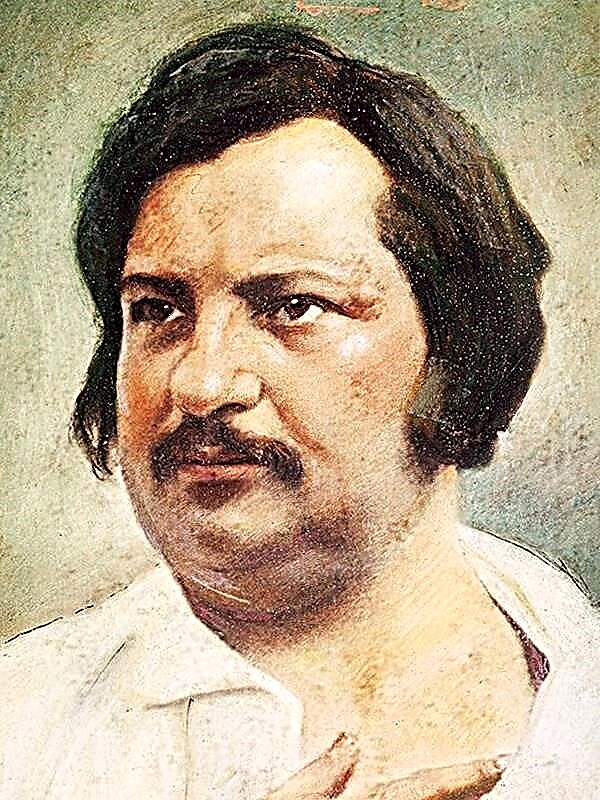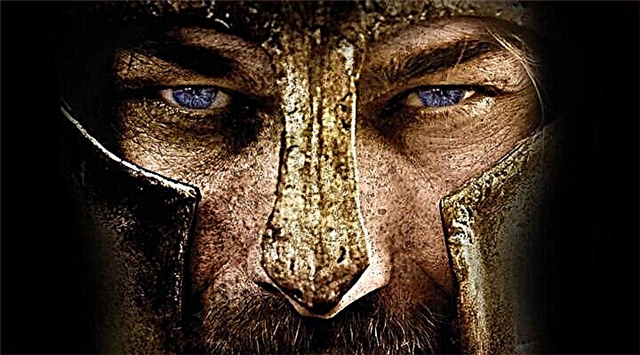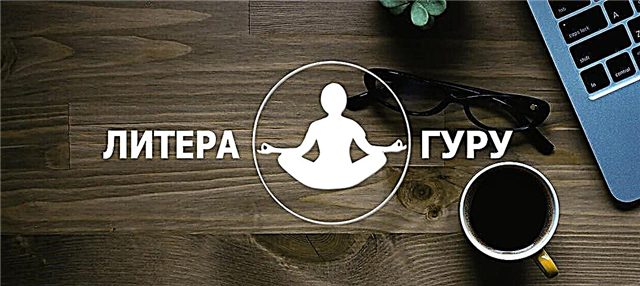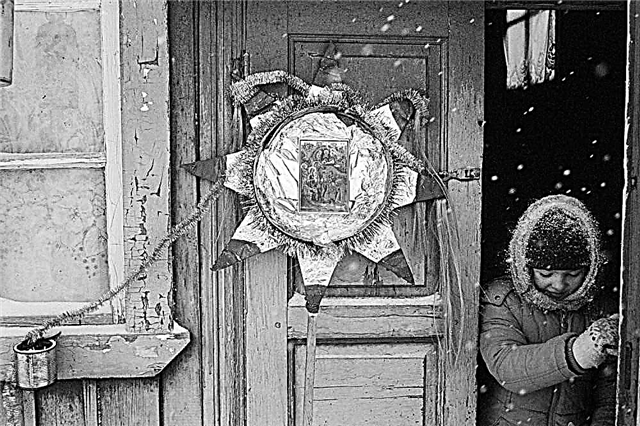: A hunter meets two very different friends - an economic rationalist and a dreamy idealist. He is very surprised at their friendship.
The narration is conducted in the first person. The division of the retelling into chapters is conditional.
Comparison of the men of the Oryol and Kaluga provinces
The striking difference between the appearance and life of men in the Oryol and Kaluga provinces. Oryol men are small in stature, slouches and gloomy, live in huts from aspen, work for the master and wear bast shoes.
The Kaluga men have spacious pine huts, they are tall, with a bold look and a clean, white face, they are engaged in trade, pay a gentleman a rent, and walk in boots on holidays. The storyteller noticed this difference when he met with two friends - Khorem and Kalynich.
Narrator - seasoned hunter
Acquaintance with Horem
They were introduced by the Kaluga landowner Polutykin, who invited the hunter to spend the night at his estate.
Polutykin - landowner, new storyteller
On the way, they stopped by Khor, one of Polutykin’s men.
Pole - a quitrent man Polyutykin, fisted and wealthy; economic rationalist, close to society
The estate of Khoria, consisting of several pine log cabins, towered in a cleared forest glade.
Horya was not at home. The guests were met by his son and spent in a hut.
In the corner ‹...› a lamp was lit; the lime table has recently been scraped and washed; between fringes and along the jambs of windows frisky Prusaks did not wander, brooding cockroaches did not hide.
Soon, on a cart, the other sons of Khorya rolled up to the house - six young giants, very similar to each other. The hunter and Polyutykin got into the cart and half an hour later drove into the courtyard of the lord's house.
At dinner, the hunter asked why Pole lives separately from other men. Polutykin said that about 25 years ago, the house of Khor in the village burned down. He came to Polutykin’s father with a request to relocate him to the swamp, promising to pay a good rent for this, and he agreed.
Since then, the Poor got rich and the quitrent paid twice as much. Polyutykin offered Khorya to buy free, but he refused, citing a lack of money. In fact, he was quite satisfied with the kind and undemanding Polutykin.
Acquaintance with Kalinich
In the morning, driving through the village, the hunter and Polyutykin stopped at a low hut to take Kalinych, a tall and thin peasant of about forty with a cheerful and gentle disposition, with him.
Kalinych - serf Polutykin, a poor, unmarried man; dreamy idealist, close to nature
Every day he went hunting with the master, and without him, Polyutykin could not take a step.
Kalynich ‹...› constantly chanted in an undertone, glanced carefree in all directions, spoke a little in the nose, smiling, screwed up his light blue eyes and often took his hand in his liquid, wedge-shaped beard.
The next day, Polyutykin went on business to the city.The hunter wandered around the whole day, and on the way back he turned to Horyu, who turned out to be a bald, short stature, broad-shouldered man with a curly beard. Talking with Khor, the hunter noticed that he was a man on his mind.
The hunter stayed overnight at the hay in the hayloft. In the morning, at breakfast, he asked why all the married sons of Khorya live with him. “They want it themselves, and they live like that,” answered Horus. Suddenly, a familiar voice rang out the door and Kalinych entered the hut with a bunch of wild strawberries for his friend Khorya. The hunter was surprised: he did not expect such "tenderness" from a man.
Comparison of the characters of Khorya and Kalinych
The hunter spent the next three days with Khory, watching with pleasure such different friends. Pole was a rationalist, a positive and practical person. Kalinych was a dreamy romanticist and idealist. The ferret perfectly settled down, started a large family, saved up money, got along with the gentleman and other authorities.
Kalinych walked in bast shoes and interrupted somehow. Once he had a wife whom he was afraid of, but had no children at all. Pory saw through through Mr. Polutykin, and Kalinych reverence for the master. Kalinych stood closer to nature - he spoke blood, fear, rabies, drove out worms, raised bees, but the Ferret was closer to society.
Upon learning that the hunter was abroad, Pole asked him about the customs and customs there. Kalynich was more interested in descriptions of nature and cities. Khor’s knowledge was vast in his own way, but, unlike Kalinich, he could not read.
Bab Horus despised with all his heart, and often scoffed at them.His wife, an old, quarrelsome woman who did not get down from the stove for days, was afraid of her husband, but she "kept her daughters-in-law in the fear of God."
No wonder the mother-in-law sings in a Russian song: “What kind of son are you to me, what a family man! Do not beat your wife, do not beat young ... "
He teased Kalinych that he could not live and could not even buy boots for himself. Kalinych had a good voice, often sang, and Pole eagerly sang along with him.
On the fourth day, Polyutykin returned, and the hunter moved to the estate. He was sorry to part with Khor and Kalinich.


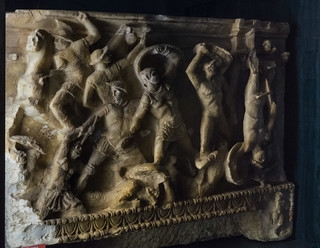
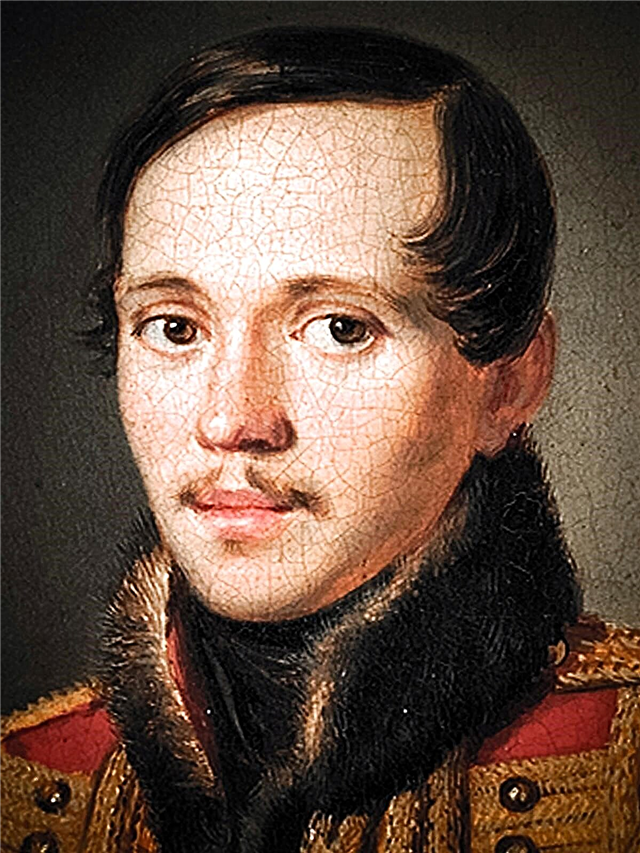

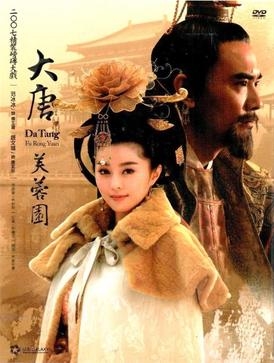
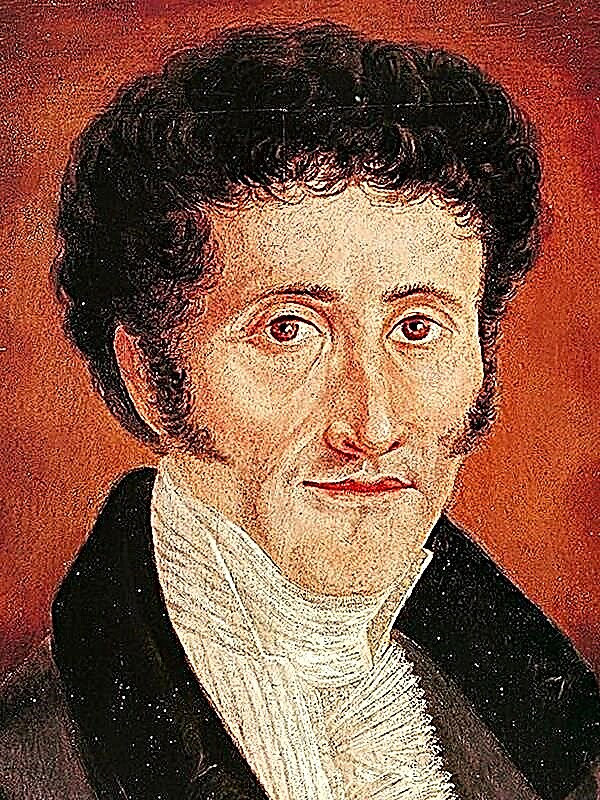 Nutcracker
Nutcracker